Tailgrids React Components
Build faster with library of 100+ React components based on Tailwind CSS. Production-ready, fully customizable, and copy-paste friendly for React Tailwind projects. All components are free and open-source.
This page showcases all core Tailgrids components available today. Each component is designed to be production-ready, customizable, and easy to drop into real projects.
We're actively expanding the library with new components, examples and use-cases, so this list will continue to grow over time.

Accordion
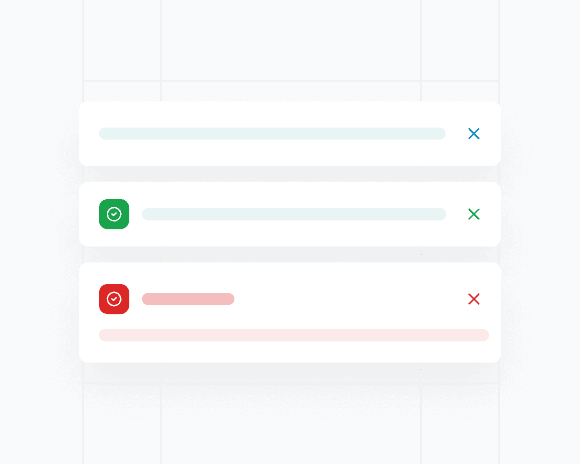
Alert

Aspect Ratio
Avatar
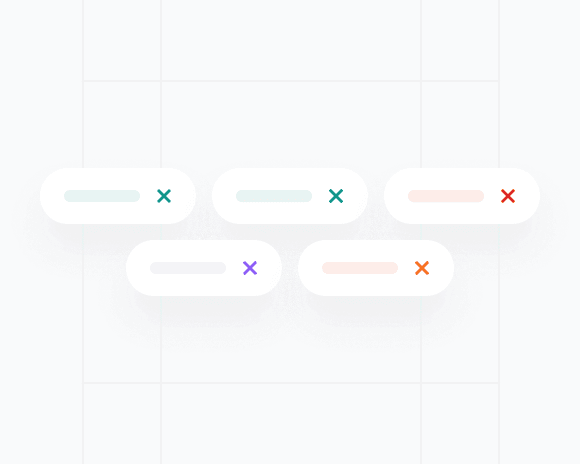
Badge
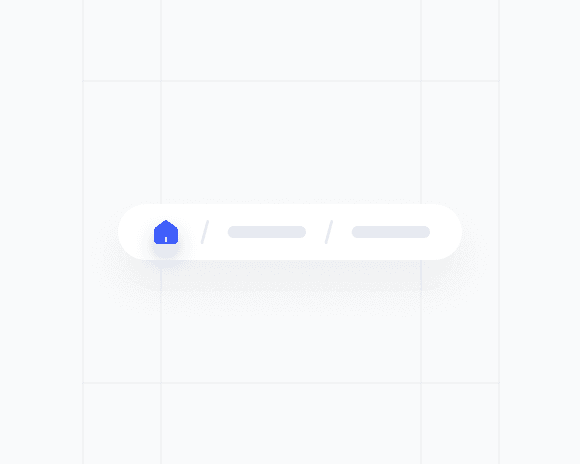
Breadcrumbs
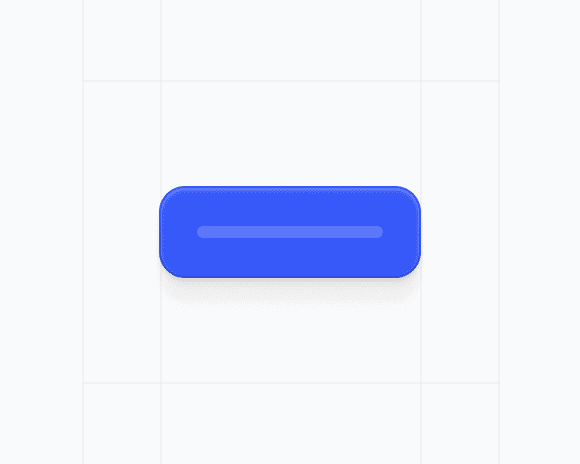
Button

Button Group

Card

Checkbox

Collapsible
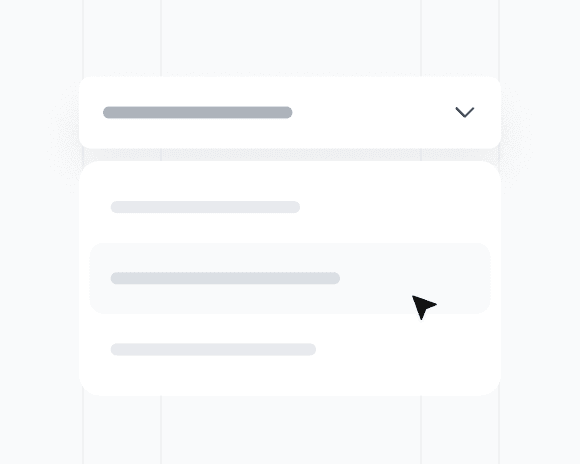
Combobox

Date Picker
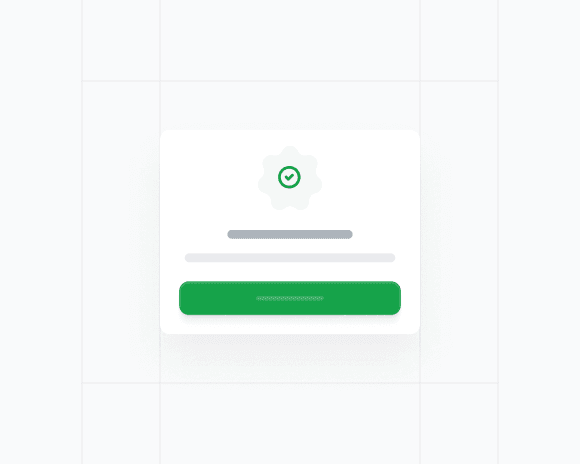
Dialog

Drawer

Dropdown
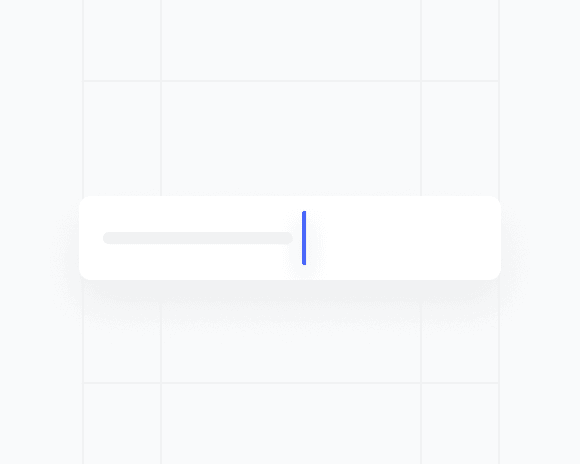
Field

Hover Card

Input

Input Group

Label

Link
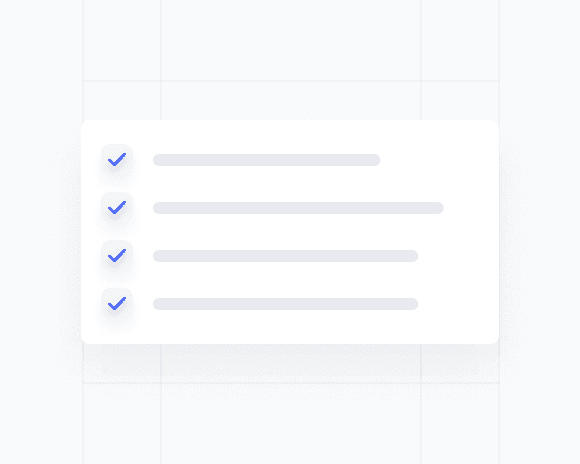
List

Native Select

OTP Input
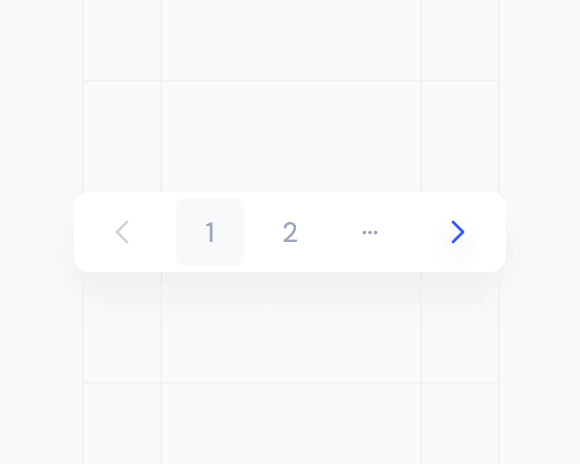
Pagination

Popover
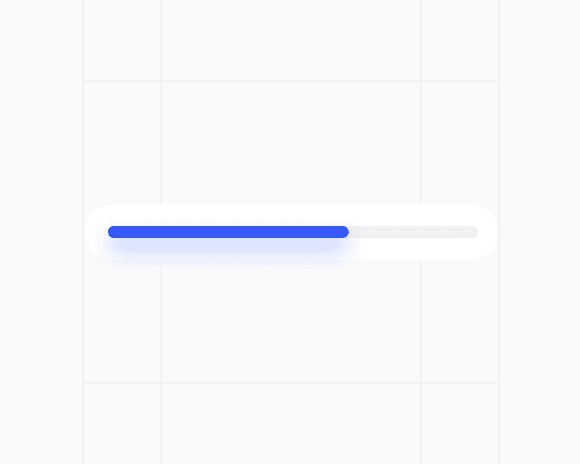
Progress

Radio Input

Select

Separator

Sheet

Skeleton

Slider

Social Button
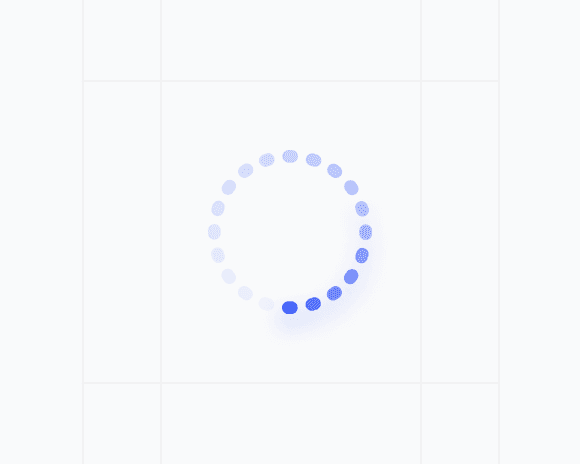
Spinner
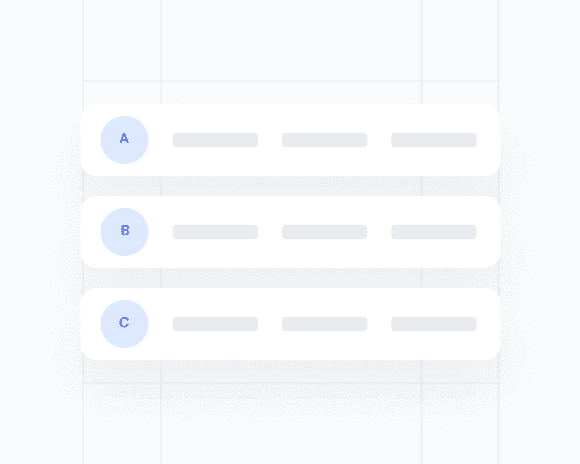
Table
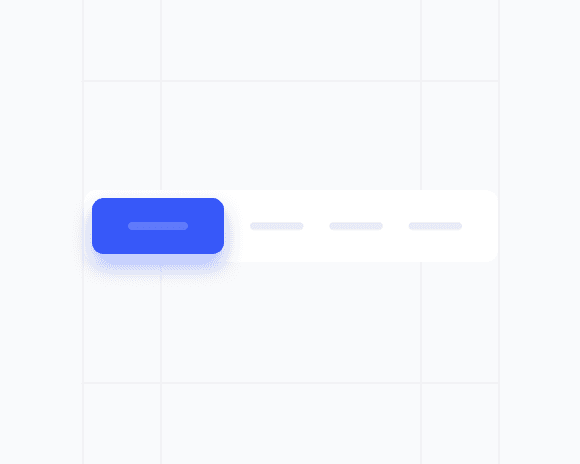
Tabs

Text Area
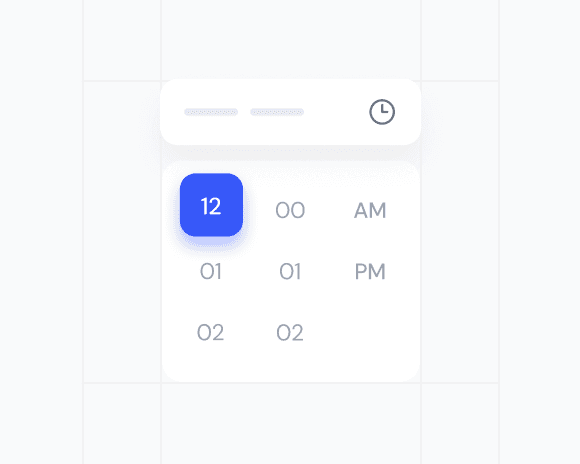
Time Picker
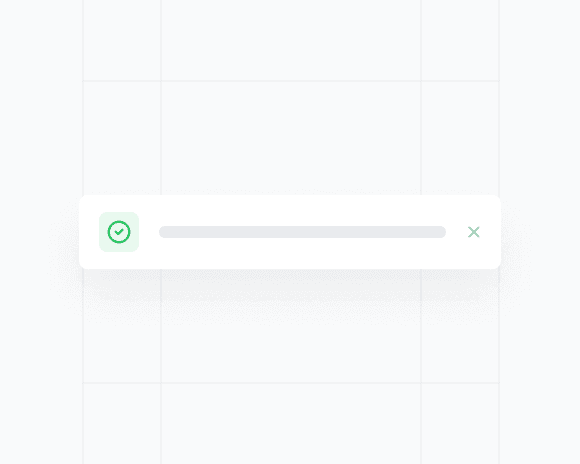
Toast

Toggle
